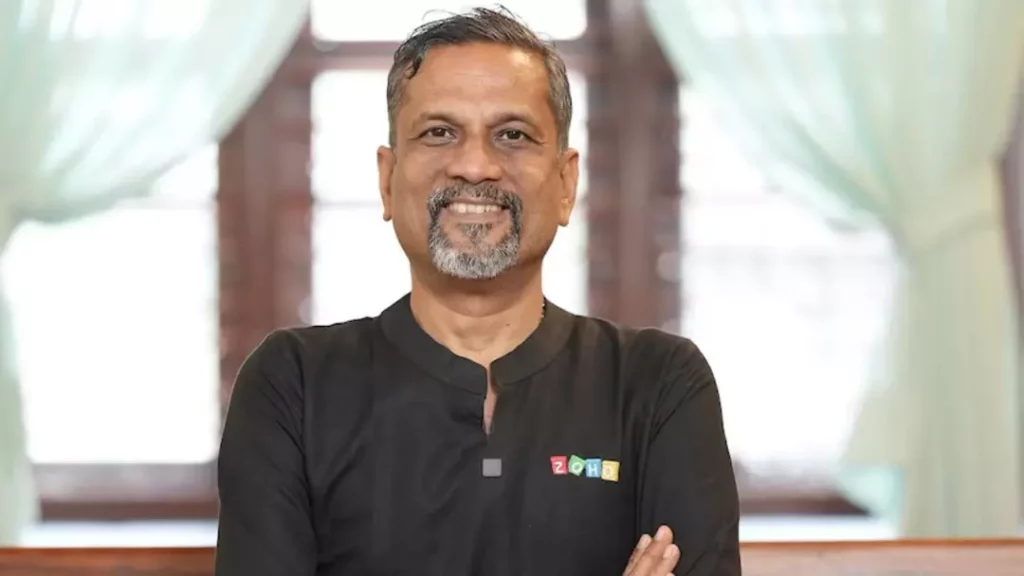
Vembu Says Kids Must Be Taught in Local Languages to Counter Threat to India’s ‘Sovereignty’
In a recent interview, Sridhar Vembu, the CEO of Zoho Corporation, sparked a heated debate by suggesting that India must reduce its dependence on English language education to counter the threat to its sovereignty. Vembu’s remarks came in the wake of Donald Trump’s tariff threat to stop India’s Russian oil purchases, which has raised concerns about the country’s economic security.
Vembu’s statement was straightforward: “We cannot stand up to bullies if we don’t build ourselves up.” He emphasized the need for India to focus on building its own strength and resilience, rather than relying on external factors. To achieve this, he advocated for teaching children in their local languages, rather than English.
The Zoho CEO’s comments have resonated with many who believe that India’s over-reliance on English has led to a weakening of its cultural identity and a loss of cultural heritage. Vembu’s suggestion that children in Bengaluru should study in Kannada and those in Chennai should study in Tamil has sparked a renewed interest in the importance of local languages in education.
The debate around English language education in India is not new. For decades, there has been a fierce debate about the role of English in Indian education. While some argue that English is essential for global competitiveness and economic progress, others believe that it has led to a neglect of indigenous languages and cultures.
Vembu’s comments are particularly relevant in the context of India’s economic and strategic interests. The country’s growing dependence on foreign oil imports has made it vulnerable to external pressures, including threats to stop oil supplies. Trump’s tariff threat to stop India’s Russian oil purchases is a stark reminder of the risks involved in relying on foreign sources of energy.
In this context, Vembu’s suggestion that India must reduce its dependence on English language education takes on a new significance. By promoting local languages and cultures, India can build its own strength and resilience, rather than relying on external factors. This approach can help to reduce the country’s vulnerability to external pressures and threats.
Moreover, promoting local languages and cultures can also help to promote social cohesion and national unity. In a country as diverse as India, the promotion of local languages and cultures can help to bridge the gap between different regions and communities. By celebrating and promoting local languages and cultures, India can foster a sense of national identity and belonging.
Vembu’s comments have also sparked a renewed interest in the importance of mother tongue education. Research has shown that children who are taught in their mother tongue perform better in school and have better cognitive development. Moreover, mother tongue education can help to promote social and cultural cohesion, by encouraging children to learn about and appreciate their own culture and language.
In conclusion, Vembu’s suggestion that kids must be taught in local languages to counter the threat to India’s sovereignty is a timely reminder of the importance of promoting local languages and cultures in education. By reducing its dependence on English language education, India can build its own strength and resilience, promote social cohesion and national unity, and foster a sense of national identity and belonging.
Source:






